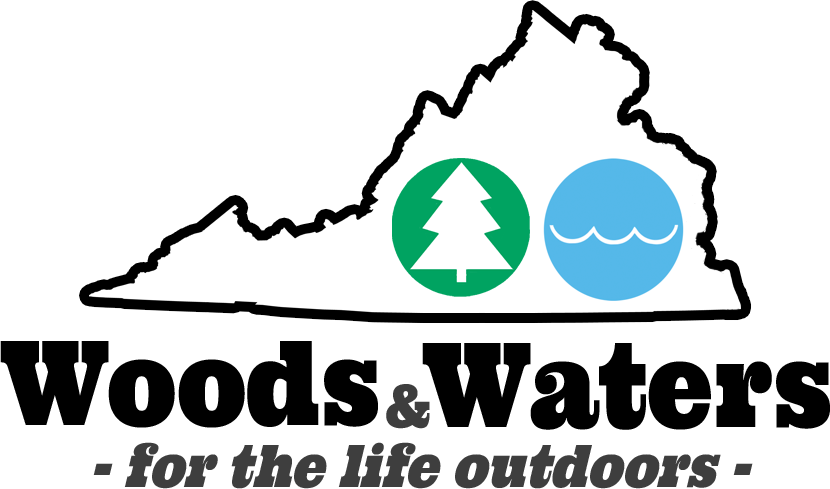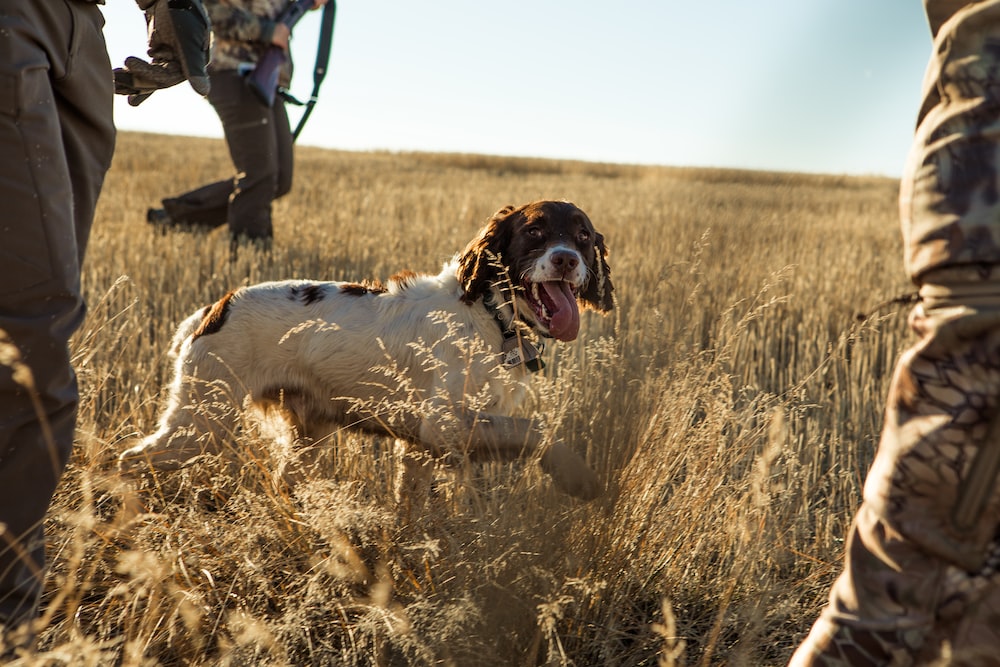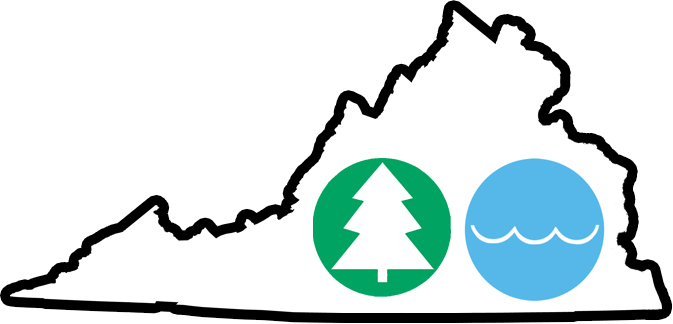Rasawek. The name rolls off the tongue as many old phrases do. It was once the name of a central Virginia Native American village and refers now to one of the Commonwealth’s newest bird hunting venues.
Located in Goochland County, Rasawek was a site of bird hunting long before the modern firearm, evidenced by the many bird point arrowheads found on the property by current owners.
Noted dog trainer, Doug Deats, manages this new 1,000-acre plus upland bird hunting preserve. This 60-something master trainer with 40-years of experience is a walking library of upland bird dog knowledge and offers it in sage comments often punctuated with his quick wit.
“She’s a little itchy on the point.”
“We’ll need to work on that backing job.”
“Always go straight in toward the dog when it’s locked on a bird and it’s time to flush.”
Deats’ Mill Creek Farm Kennels have quickly gained an excellent reputation for training not only hunting dogs, but also those that tend to hang more around the kitchen and front porch.
The man that often wears a cowboy hat is something of a dog whisperer. Fans know he writes our monthly dog training column that offers training and behavioral tips that reads more from a dog’s point of view than a human’s. Deats’ really knows his canines.
On a recent October morning I met Deats at his kennel, then we drove over to the Rasawek property. I brought the three-year-old Brittany spaniel, Kate, that Deats gave me when she was a puppy. I’ve trained and hunted her about a dozen times. She’s darn good for a dog that counter cruises for French bread and sleeps in our bedroom.
Deats has been asking me to join him at Rasawek for the past two years. Now that it’s a full-fledged hunting preserve I knew it was time to make the time for a visit.
The cover here is natural, with very little planted other than some lespedeza. Rasawek is mostly thinned, mature pines. There are sections with paths through the undergrowth and some where you trailblaze with the dogs. My host likes to say his preserve is “managed, not manicured”.
We started in the latter type of woods. Deats had brought Clem, a vigorous wire-haired German pointer to help Kate through her paces. Both dogs are pointers. Doug told me he normally turns out two setters to flush the semi-wild quail coveys and then brings in pointers for clean up.
Doug employs Johnny Houses to help establish quail coveys. With this type of management, quail are afforded sanctuary safe from predators and weather. They return to the Johnny Houses at night and then are set out each day. As weeks go by, the birds range farther and farther from the house. Some survive and some don’t. Some even breed and produce offspring. Those that do, create semi-wild coveys.
Today was a warm-up for Kate. Old Doug knows I’m heading to Maine for a grouse hunt and we wanted to see how my dog would fare.
Turns out she did pretty well. She had two points of her own, and I knocked down those two bobwhite with single shots from the o/u 20 ga. I toted. We had a covey of at least a dozen get up within moments of entering the woods, too and I fired, but failed to draw on a specific target as most casual wingshooters do when faced with multiple bird flushes. I just plain missed two birds that flew better than any preserve bird I’ve ever witnessed flush.
It was glorious to watch the dogs working in the cool morning with the leaves just beginning to turn. Once the day started to turn more toward the noon hour, the heat slowed the dogs’ pace and it was time to fire up the grill.
Deats is also a gourmet field cook. He cleaned and marinated those two quail in Italian dressing, cooked up some white rice and then stir fried the birds and a bunch of vegetables right there on the Weber.
He handed me a full plate of grub and said, “There you go boy. Eat up.”
The dogs lay at our feet as we ate and spoke of past hunts and great dogs. I asked many questions about grouse hunting as Deats has also done this for years, too. He offer me spacing tips, clothing requirements and what to expect from the hunt.
Though Kate was ready for an afternoon session, after lunch I had just enough time for a brief tour, before it was time to head back to Louisa.
Every minute spent with Deats is like the time I remember spending with my really good college professors. He’s fascinating, vastly intelligent beyond the realm of bird hunting and dogs and a great teacher.
If you want to hunt quail at Rasawek, call (804.467.900) or email him (dougdeats@yahoo.com) soon as his schedule fills quickly. If you want Deats to train or “tune-up” your hunting dog call him and spend some time on the phone with him. You’ll see what I mean.
Until next time remember to cherish, protect and conserve the outdoors while sharing it with others.



